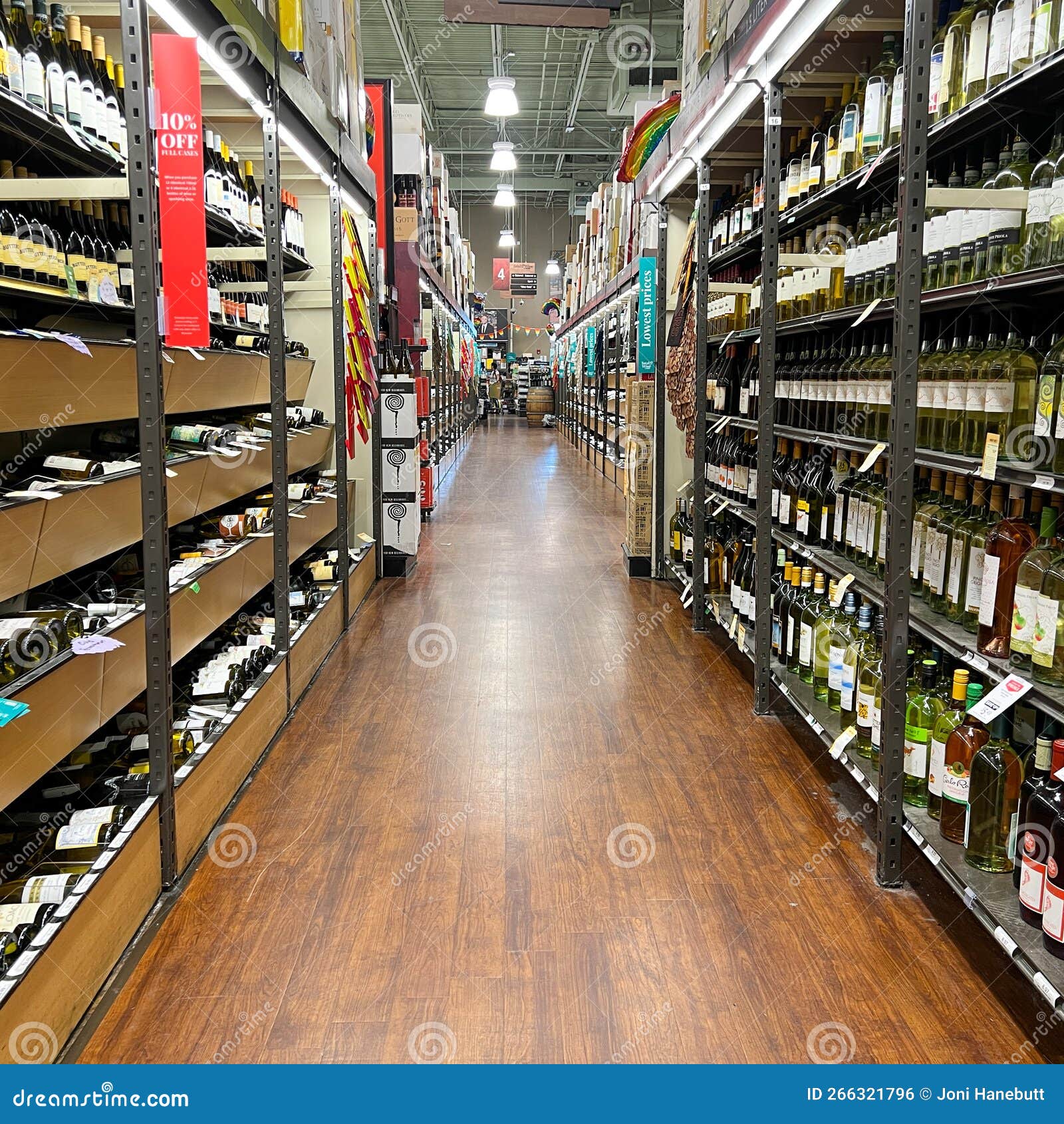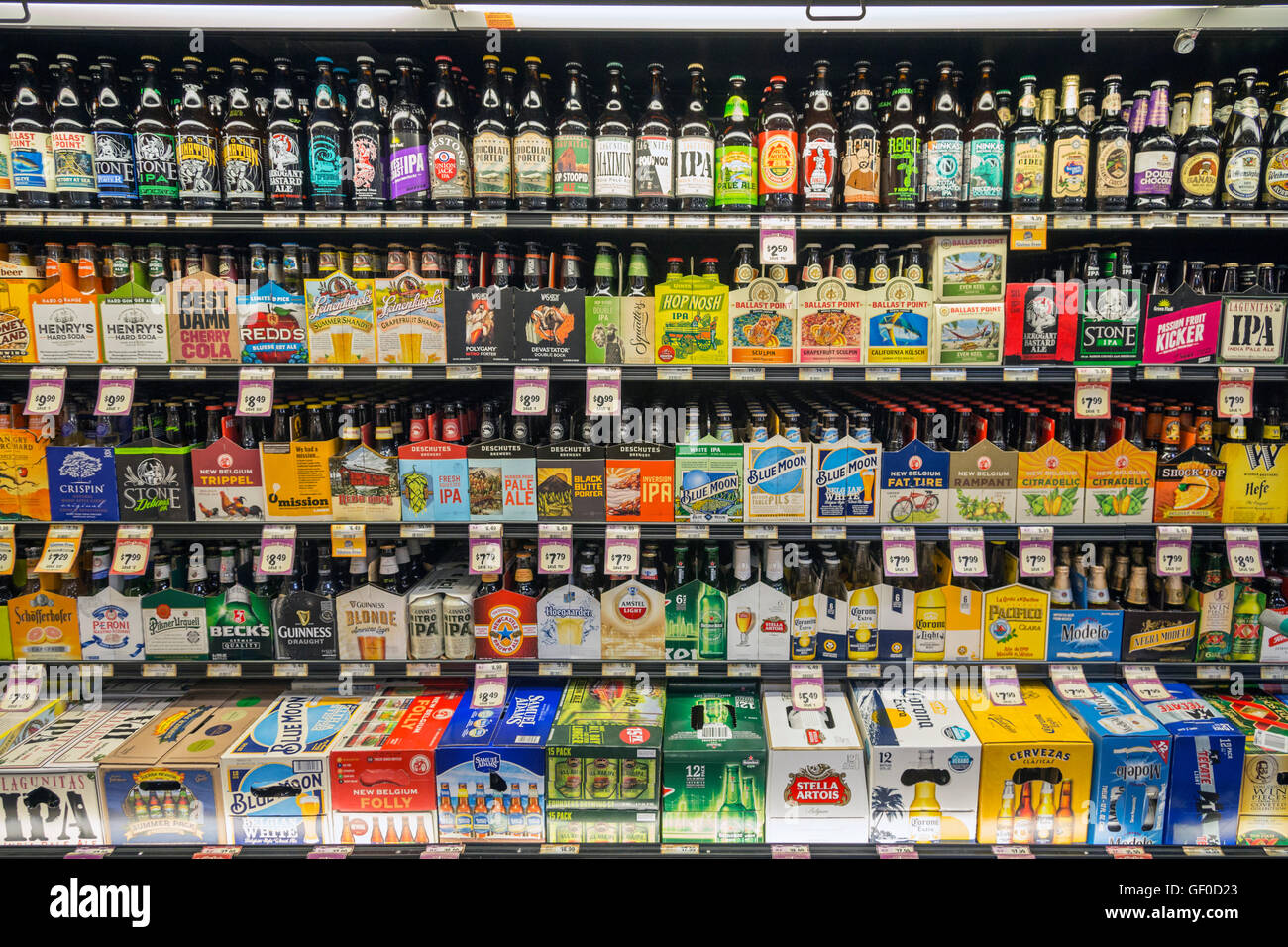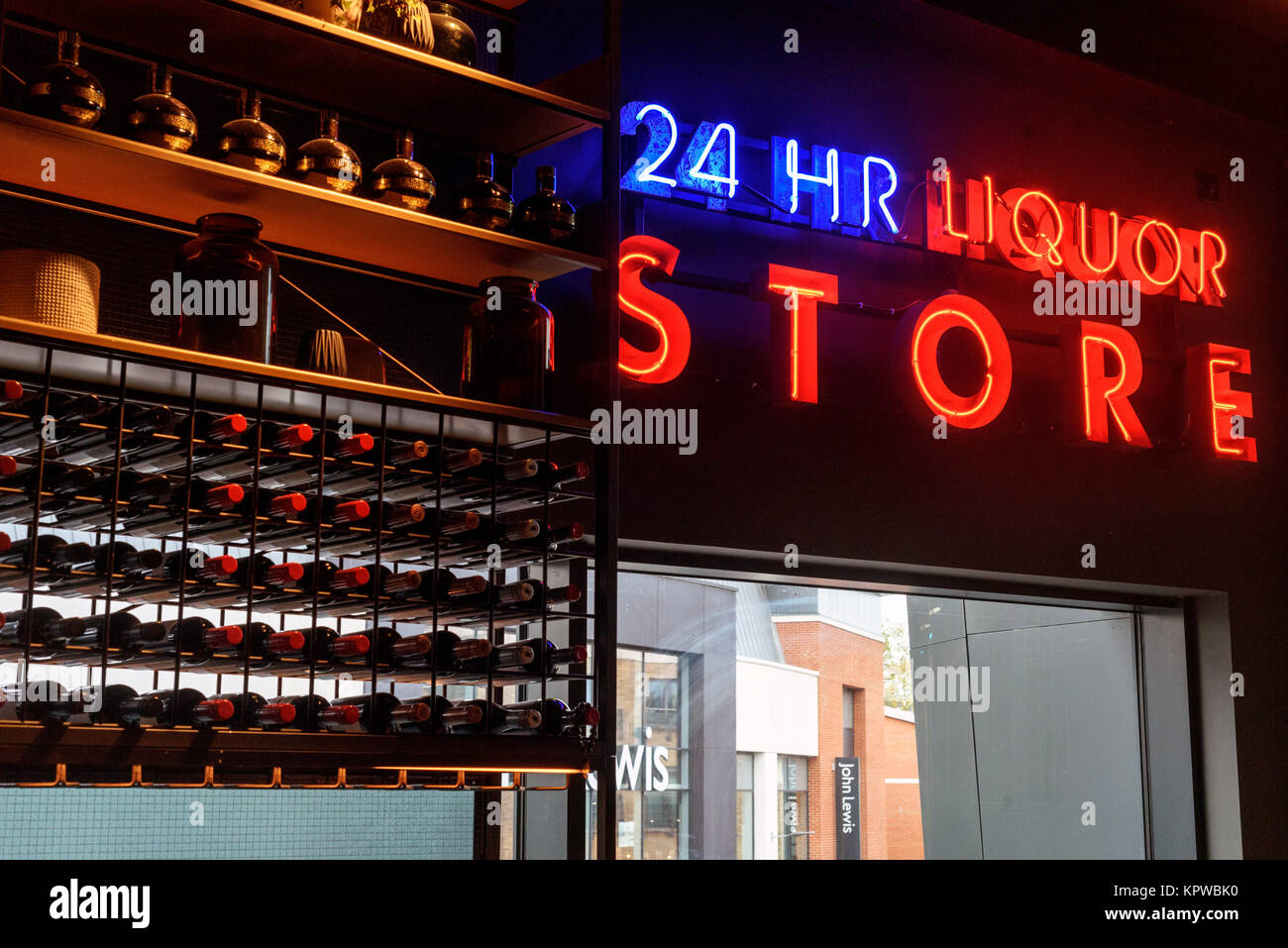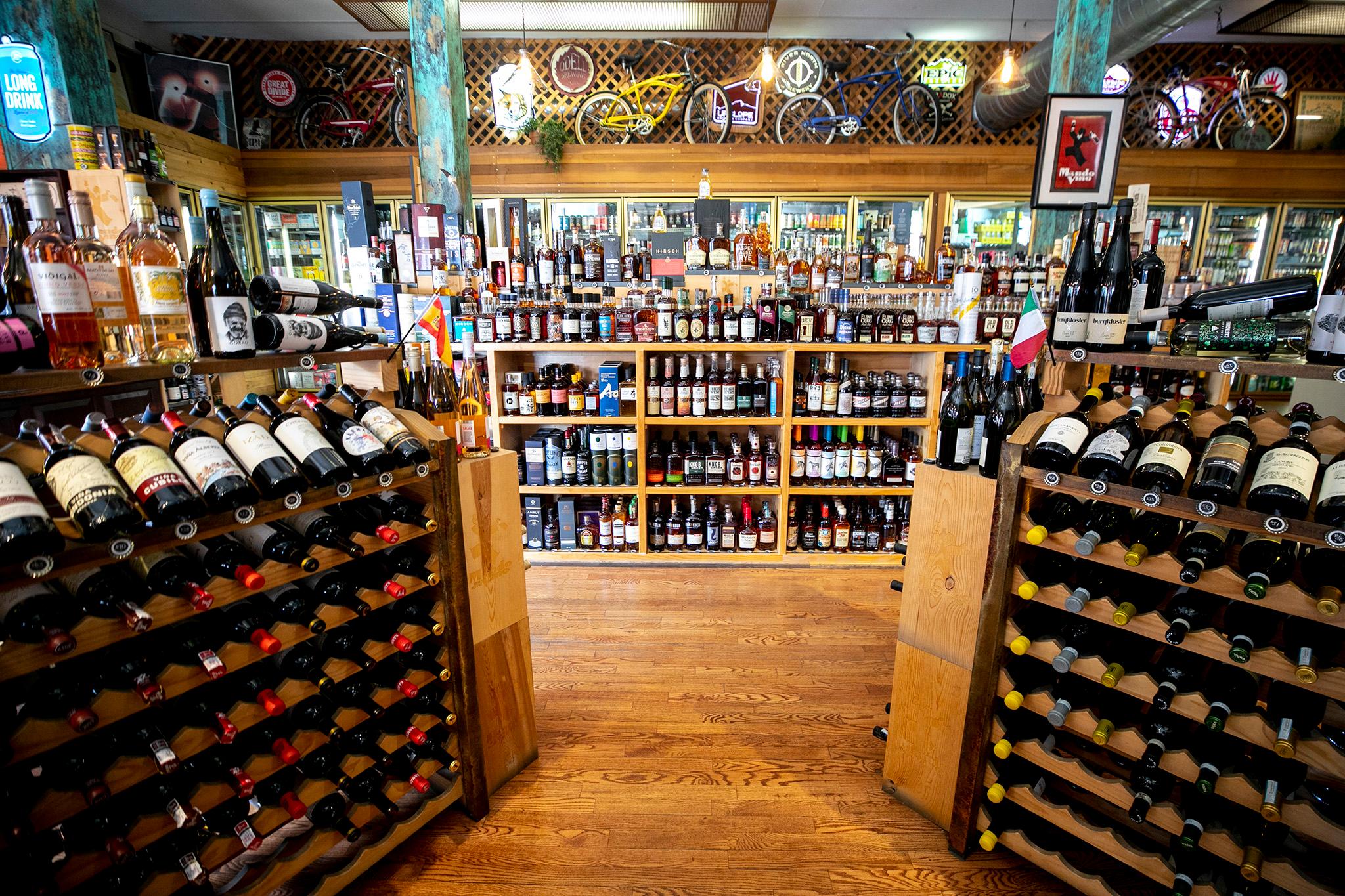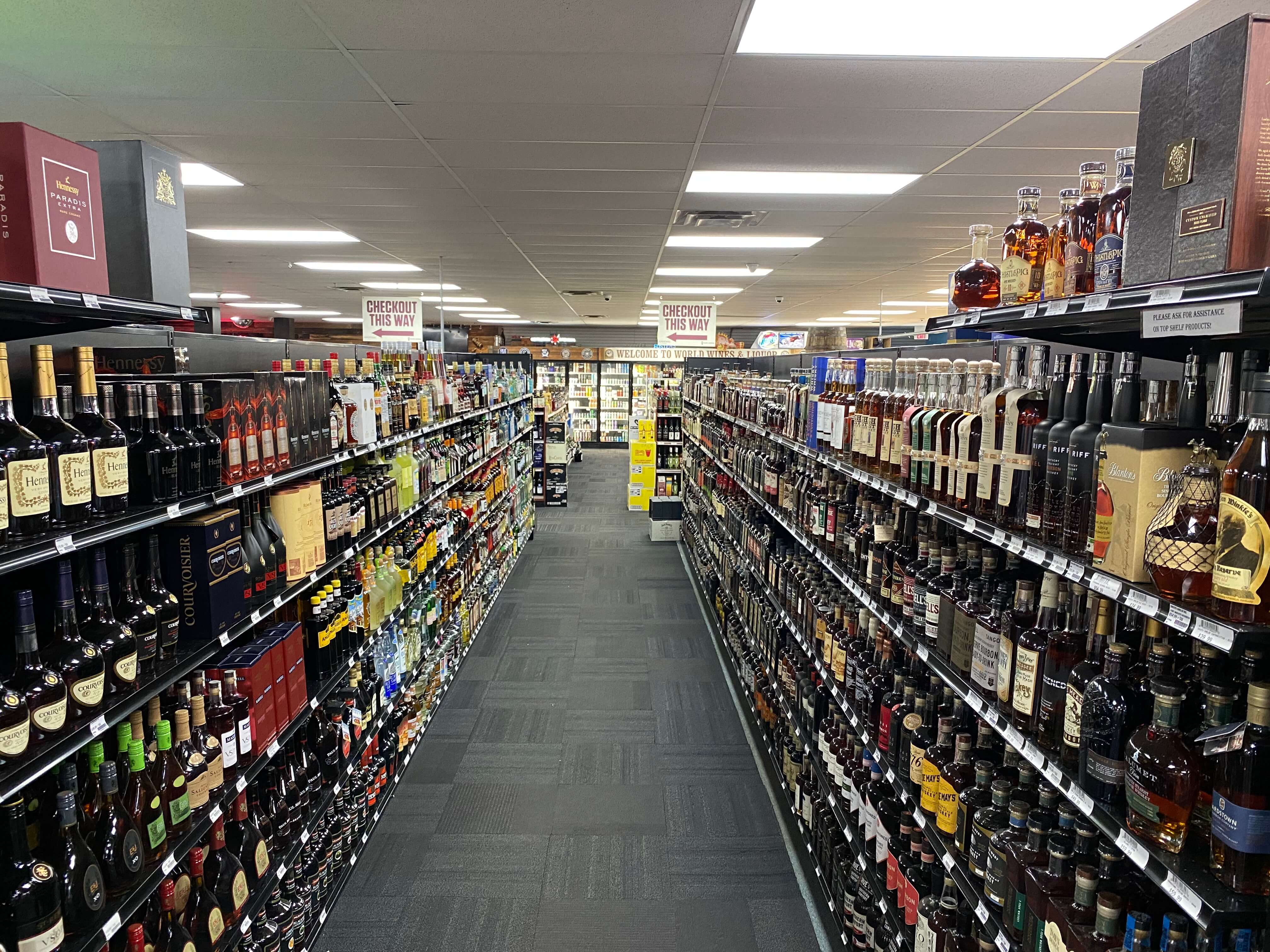Are There Any 24 Hour Liquor Stores
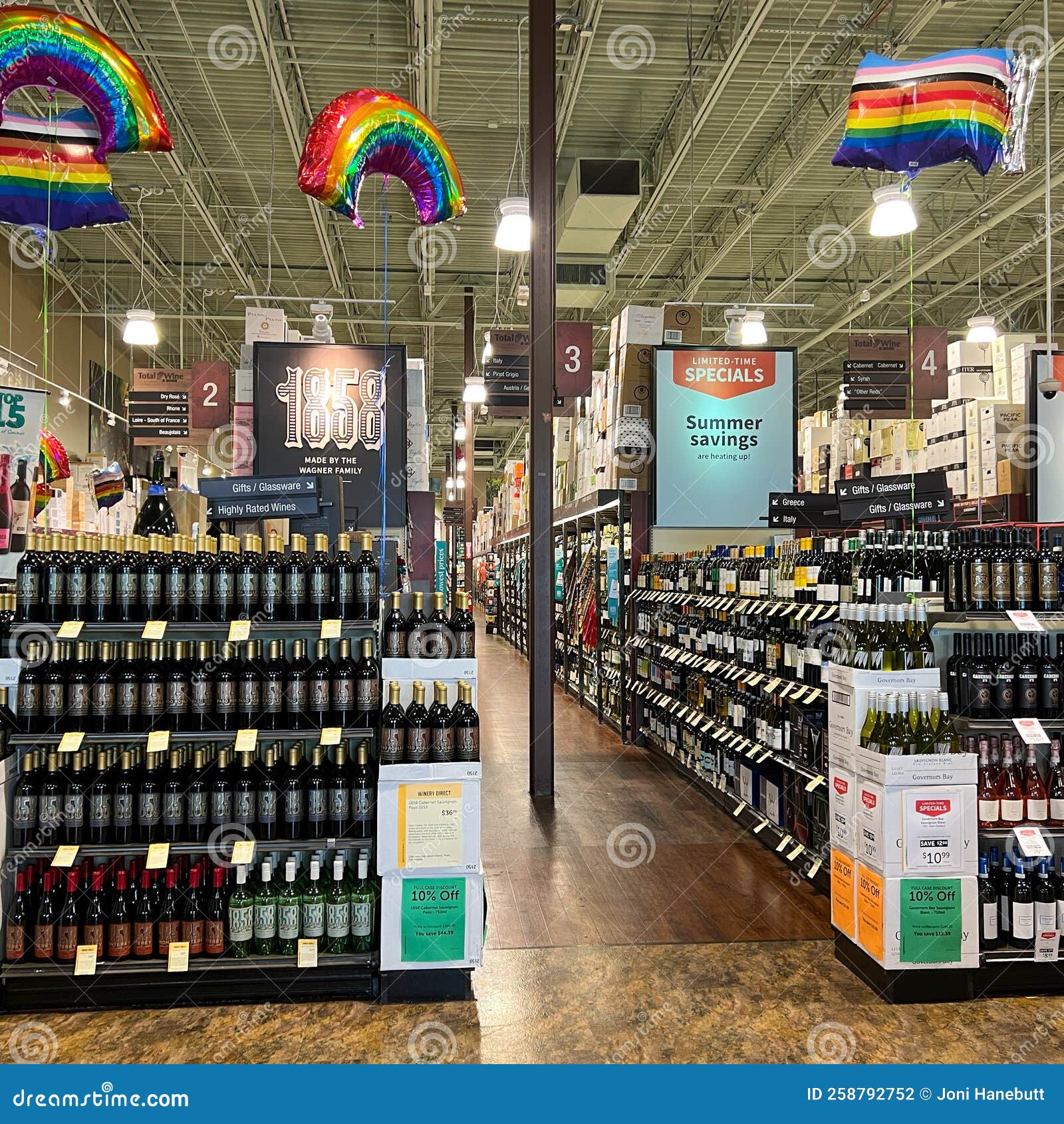
The notion of instant access has permeated modern life, influencing everything from grocery shopping to entertainment. But when it comes to the availability of alcohol, the landscape remains surprisingly varied and often restricted. The question of whether 24-hour liquor stores exist elicits strong opinions and highlights the complex interplay between consumer convenience, public health, and regulatory oversight.
This article delves into the current reality of 24-hour liquor sales, examining the patchwork of laws and regulations across different jurisdictions. We will explore the arguments for and against unrestricted alcohol availability, drawing on data from public health organizations and insights from industry stakeholders. The analysis will shed light on the factors that shape alcohol retail policies and the potential consequences of extending, or restricting, operating hours.
The Regulatory Maze: A State-by-State Examination
Alcohol regulation in the United States is primarily managed at the state level, resulting in a highly diverse landscape. Each state has its own Alcoholic Beverage Control (ABC) board or similar agency responsible for setting rules around the sale, distribution, and consumption of alcohol.
Currently, outright 24-hour liquor sales are exceedingly rare. Most states impose specific restrictions on the hours during which alcohol can be sold, typically prohibiting sales during late-night and early-morning hours. These restrictions are often rooted in concerns about public safety and the potential for increased alcohol-related incidents.
States like Texas, for example, allow liquor sales from 10 a.m. to 9 p.m. Monday through Saturday, and prohibit sales on Sundays, except in some limited circumstances. Similar limitations exist across a large swathe of the country, although there are variations in the specifics, such as the inclusion of beer and wine sales within grocery stores and convenience stores. These businesses often have extended hours compared to standalone liquor stores but still do not operate 24/7 for alcohol sales.
Arguments For and Against 24-Hour Sales
Proponents of 24-hour liquor sales often argue for consumer convenience and economic benefits. They suggest that restricting sales hours infringes on individual choice and can lead to lost revenue for businesses. Increased tourism and the hospitality sector could also see potential advantages, especially in cities that promote a vibrant nightlife.
"Consumers should have the freedom to purchase alcohol at any time they choose, just as they can purchase other goods," argues a spokesperson for a retail industry trade group.
Conversely, opponents of unrestricted alcohol sales raise serious concerns about public health and safety. Data from organizations like the National Institute on Alcohol Abuse and Alcoholism (NIAAA) consistently demonstrate a correlation between increased alcohol availability and higher rates of alcohol-related incidents, including drunk driving, domestic violence, and public intoxication.
Furthermore, concerns exist about the impact on vulnerable populations, such as individuals struggling with alcohol addiction and young people. Increased access could exacerbate existing problems and potentially lead to new ones.
The Gray Areas and Exceptions
While outright 24-hour liquor stores are scarce, some exceptions and gray areas exist. Certain establishments, such as licensed bars and restaurants, may be permitted to serve alcohol until later hours, even if retail sales are restricted. The definition of what constitutes a "sale" can also be nuanced, especially in contexts like hotel minibars or delivery services.
Another area of complexity lies in the evolving landscape of online alcohol sales and delivery. Some states have begun to allow or expand alcohol delivery services, which can operate under different sets of rules than traditional brick-and-mortar stores. The legality and regulations surrounding these services are still developing, and their potential impact on alcohol availability remains to be seen.
The Future of Alcohol Retail: Trends and Predictions
The debate surrounding 24-hour liquor sales is likely to continue as societal attitudes toward alcohol evolve and technology reshapes the retail landscape. Emerging trends, such as the growing popularity of craft beverages and the increasing use of data analytics, could influence future policy decisions.
While a widespread adoption of 24-hour liquor stores appears unlikely in the near future, some states may consider pilot programs or explore limited extensions of sales hours. The key will be to carefully weigh the potential benefits against the risks and to implement effective safeguards to protect public health and safety. Continuous monitoring of alcohol-related data and ongoing dialogue between policymakers, industry stakeholders, and public health advocates will be essential in shaping the future of alcohol retail regulations.
Ultimately, finding the right balance between consumer convenience and responsible alcohol control will remain a significant challenge for communities across the nation. The question of 24-hour liquor stores is not simply about access; it is a reflection of our broader societal values and priorities.
